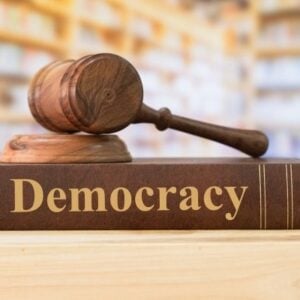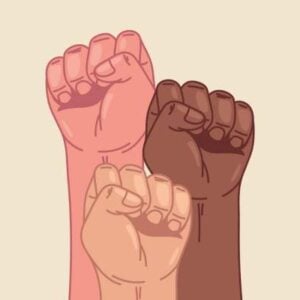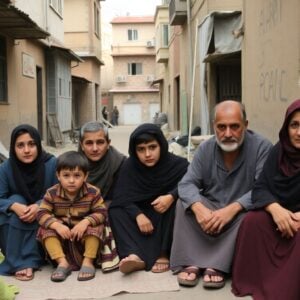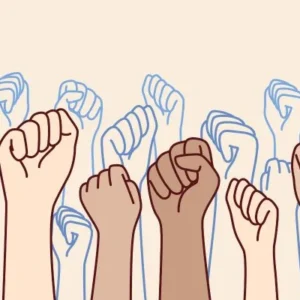The Norwegian Government has proposed an increase of NOK 80 million in 2026 to strengthen efforts promoting women’s rights, an area identified as having significant global importance where Norway can make a tangible impact. Women’s rights are facing growing pressures worldwide, and targeted support in this sector is considered critical to ensuring the ability of women and girls to participate fully in society.
The proposed overall aid budget for 2026 is NOK 56.6 billion, equivalent to one percent of Norway’s estimated gross national income, maintaining the Government’s long-standing commitment to international aid. Minister of International Development Åsmund Aukrust highlighted that, amid recent funding cuts in the aid sector, prioritizing areas like women’s rights ensures that every krone spent delivers maximum impact.
Within the increased funding, NOK 40 million will be allocated to UN Women to support access to family planning, safe abortion services, and comprehensive sexuality education. These measures aim to remove barriers to women’s participation in society, which is essential for poverty reduction and achieving the Sustainable Development Goals. Protecting the rights of LGBTIQ+ individuals is also included as a natural extension of safeguarding bodily autonomy and personal freedom.
The Government is also prioritizing efforts to reduce inequality and strengthen the capacity of developing countries to mobilize domestic resources. This includes advancing international tax cooperation and tackling challenges such as illicit financial flows, tax evasion, and corruption. Minister Aukrust noted that addressing these structural issues could generate funds many times greater than Norway’s aid budget, providing a more sustainable approach to combating poverty.
Additionally, Norway’s foreign policy continues to focus on supporting Ukraine. The Government has proposed an increase of NOK 2.5 billion in civilian support, including NOK 500 million for humanitarian assistance. This funding is aimed at helping Ukrainians maintain essential services amid Russia’s intensified attacks, which have devastated civilian infrastructure, homes, and agricultural land. The support seeks to ensure access to critical needs such as lighting, heating, and life-saving aid for those living closest to conflict zones.







